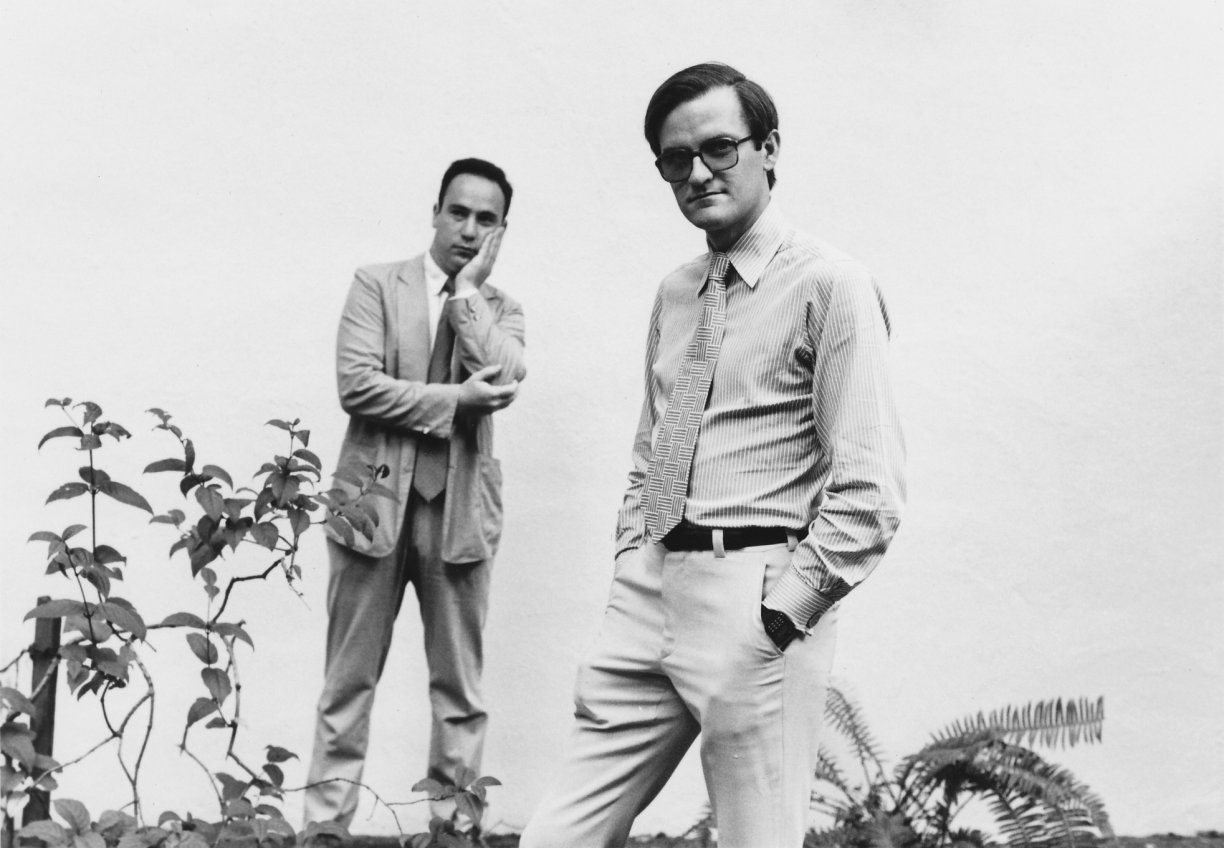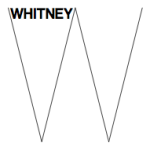Tickets include full-day museum admission.
Written over 30 years ago, David Rosenboom's Zones of Influence (1984-85) is a landmark concert-length work for percussion soloist, live computer-generated electronics, and auxiliary keyboard and glissando instruments. At the time a breakthrough in linking virtuoso electroacoustic performance with interactive compositional algorithms, Zones is now fully realized—thanks to new a software instrument called the Touché II that allows the dynamic dimensionality of the music to take full mind-bending, cosmological shape. Rosenboom wrote the five-part epic expressly for superstar percussionist William Winant, who will perform on five live-processed percussion setups. He is joined by David Rosenboom on the Touché II, piano and violin, while Jinku Kim provides an immersive video environment. Rosenboom describes Zones of Influence as a propositional cosmology activated in music. It is a prime example of what he calls, propositional music, a point of view about composing in which composers might build proposed models of worlds, universes, evolution, brains, consciousness or whole domains of thought and life, and then proceed to make dynamical musical embodiments of these models, inviting us to experience them in spontaneously emerging sonic forms. The compositional model for Zones of Influence is embodied in the form of an instrument; and thus, the model can be played. Winant and Rosenboom master this extended instrument with extraordinary dynamism.
David Rosenboom (b. 1947) is a composer, performer, conductor, interdisciplinary artist, author and educator known as a pioneer in American experimental music. Since the 1960s David Rosenboom has explored the spontaneous evolution of musical forms, languages for improvisation, new techniques in scoring for ensembles, multi-disciplinary composition and performance, cross-cultural collaborations, performance art and literature, interactive multi-media and new instrument technologies, generative algorithmic systems, art-science research and philosophy, and extended musical interface with the human nervous system. His work is widely distributed and presented around the world. He holds the Richard Seaver Distinguished Chair in Music at CalArts where he is also Dean of The Herb Alpert School of Music. David Rosenboom is a Yamaha Artist.
William Winant, a multi-faceted percussion artist with over 130 recordings, has collaborated with John Cage, Iannis Xenakis, Anthony Braxton, James Tenney, Cecil Taylor, George Lewis, Steve Reich, Frederic Rzewski, Joan LaBarbara, Oingo Boingo, Kronos Quartet, Sonic Youth, Mr. Bungle, Yo-Yo Ma, Mark Morris, Merce Cunningham, San Francisco Contemporary Music Players, and the Abel-Steinberg-Winant Trio. Composers who have written for him include John Cage, Lou Harrison, John Zorn, Alvin Curran, Chris Brown, David Rosenboom, Larry Polansky, Gordon Mumma, Alvin Lucier, Terry Riley, Fred Frith, and Wadada Leo Smith. He teaches at Mills College and the University of California at Santa Cruz.
Jinku Kim is a composer, performer and multimedia artist currently residing in the New England area. His work focuses on pushing the boundaries of interaction through sound installation and audio-visual performances. His works have been performed and installed at various places including REDCAT, CEMC at Stanford University, UC San Diego, UC Santa Barbara, Mills College, STEIM in Amsterdam, Beyond Baroque in Venice CA, Machine project in Los Angeles, and various others.




